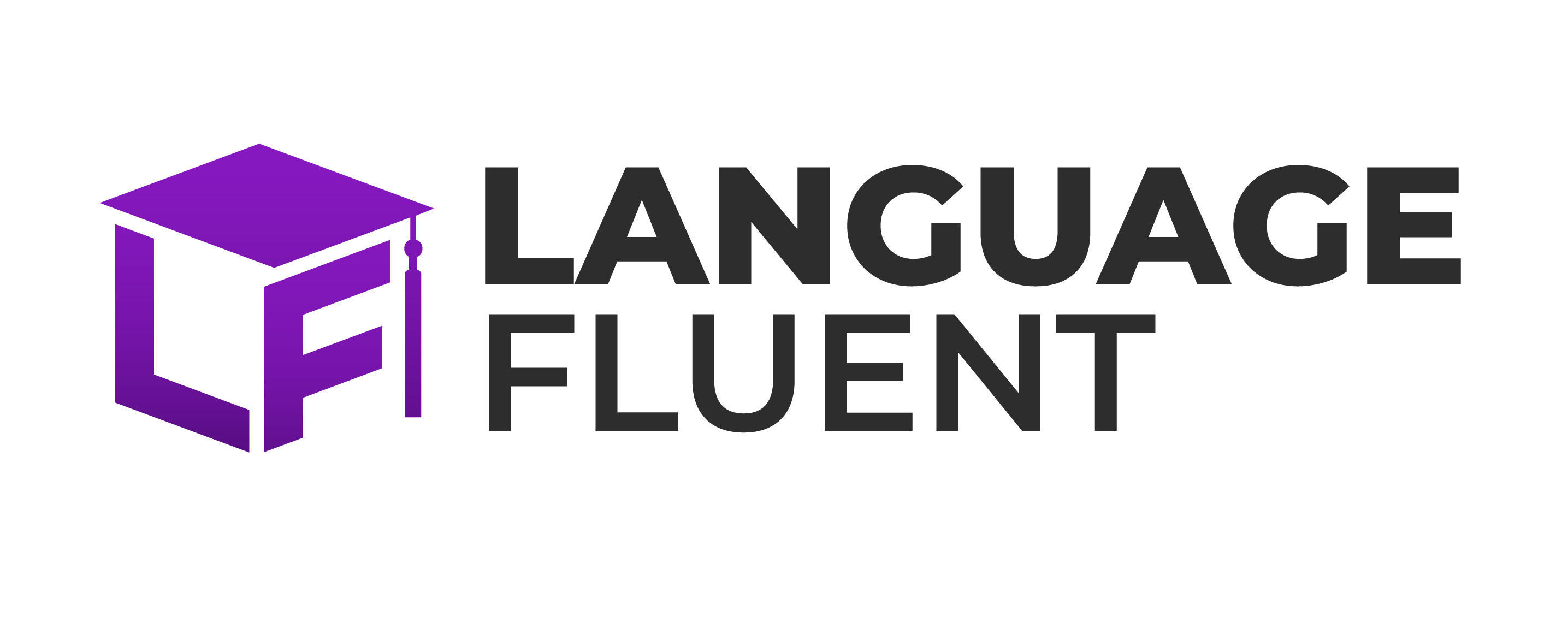The world is becoming increasingly interconnected every day. People are traveling more, working together on joint projects, and finding love across borders. All of this means that speaking another language is a skill that’s growing in importance—and also one that more and more people are looking to pass down to their kids. However, many parents struggle with the question of when the best time to introduce their child to a foreign language is.
Does it have to be at an early age? Or can we wait until our kid reaches school age? How old do they need to be for it to really sink in? These may sound like simple questions, but as with any parenting topic, there are many common misconceptions floating around – especially when it comes to teaching our children another language.
7 Effective Ways Learning A Foreign Language Will Make You A Better Person
1. There’s only one age to teach a kid a foreign language
There’s a mistaken belief that there’s only one age at which it’s appropriate to start introducing a child to a foreign language. But this isn’t the case at all – it’s entirely dependent on the child, and whether they’re ready to start learning. Kids develop at different paces, and there’s no one-size-fits-all approach to language acquisition. In fact, the best time to introduce a child to a new language is when they show an interest in learning it.
This might mean starting even earlier than you would expect – kids are incredibly receptive to language during their first few years on this planet, and can pick up words and sounds much earlier than you might expect. If your child shows an interest in a language, you should definitely encourage that curiosity and help them learn. However, you should also wait for your child to express interest – you don’t want to force a language on them if they don’t seem interested in it.

The Best Age to Teach Kids a Foreign Language: 6 Common Misconceptions
2. It’s better to start with the younger age
This misconception is closely tied in with the idea that there’s only one appropriate age to introduce a child to a foreign language. The idea here is that, since young kids are so receptive to language, it’s better to start when they’re young – this way, they’ll learn the language much more quickly, and they’ll always have the language as a tool that they can draw on later in life.
While it’s true that young children are great at picking up languages, it doesn’t necessarily mean that you should always start teaching a child a language as soon as they’re old enough to listen and understand. This misconception focuses on the ability to learn the language quickly without considering the child’s personality or whether they’re even interested in learning the language. Just because a child is receptive to language doesn’t mean they’re ready to start being actively taught a language.
20 Funny Italian Sayings about Food
3. Kids who are taught a foreign language at an early age will have an advantage later on
This misconception is one that’s often parroted by well-meaning adults who are trying to encourage their children to learn a language. However, it’s based on the mistaken belief that learning a foreign language before the age of 10 (or even before the age of 5) will give a child a leg up in life. Unfortunately, the truth isn’t quite as simple. Even if a child learns a language before the age of 10, they’ll still have to keep studying it in later years in order to really keep it up.
There are no shortcuts to achieving fluency, no matter when you start. However, it’s true that children who are studying a language at an early age often show an interest in it and continue studying it throughout their lives, which is a great thing. If you’re hoping that your child will keep studying a language, it’s best to introduce it to them while they’re still young.
4. Kids who are taught a foreign language at a later age will struggle, but it’ll be worth it in the long run
This misconception is the flip side of the above misconception – the idea that kids who start learning a language later on in life will have a much harder time of it, but will somehow benefit from it in the long run. However, the truth is that no matter when you start learning a language, it takes a lot of time, effort, and dedication to truly become fluent. Even if you start learning a language when you’re a teenager, or an adult, you’ll still have to work hard to master it.
This misconception also ignores the fact that it’s never too late to start learning a language and that it’s never too late to become fluent. Even if you start studying a language when you’re 50, you can still become fluent – it just takes a lot of hard work, dedication, and practice.
5. Learning more than one language at once is more beneficial to your child
This misconception is based on the idea that if you introduce your child to two languages, they’ll become fluent in both of them, which is true – but it doesn’t go much beyond that. It’s possible to learn two languages at once, but it’s difficult, and you’re less likely to become fluent in either language if you’re trying to learn two at once.
That’s not to say that it’s impossible, but it’s much more likely that your child will be fluent in one language, while they’ll have a working knowledge of the other. If you really want your child to be fluent in two languages, it’s better to introduce them to one language and then another when they’re ready.
12 Catchy Songs that Help You Learn Spanish Grammar and Vocabulary
6. Best time to teach a kid any foreign language is during their infancy
This one is a bit of a mix between a misconception and an overgeneralization – it’s true that it’s easier to learn a language when you’re an infant than it is when you’re an older child or an adult, but that doesn’t mean that it’s impossible when you’re older. In fact, the best time to introduce your child to a language is whenever they’re ready to learn it. There’s no one special time in your child’s life when it’s best to introduce them to a language. Instead, it depends on when they’re interested in learning it, and when they’re ready to start studying it.
Bottom line
The best time to introduce your child to a new language is whenever they’re interested in learning it. While it’s easier to learn a language when you’re young, it’s never too late to start studying a new language. If you want your child to become fluent in a language, they need to start learning it while they’re still young.
Click on the language below to start learning it:











